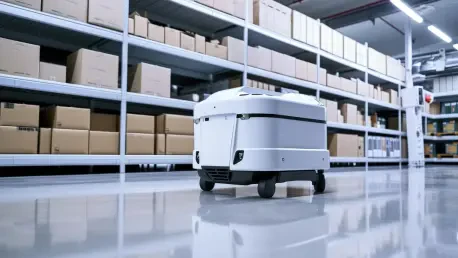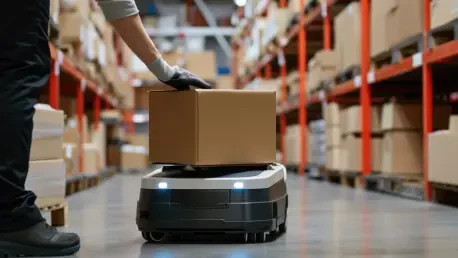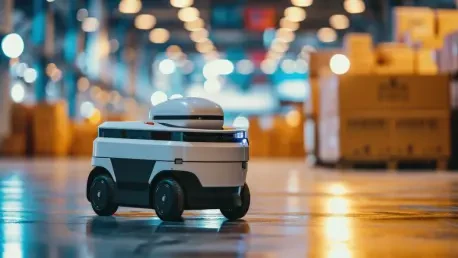
I'm thrilled to sit down with Rohit Laila, a veteran in the logistics industry with decades of experience spanning supply chain and delivery. Rohit’s deep passion for technology and innovation has positioned him as a thought leader in transforming how warehouses and supply chains operate. In this
In an era where logistics inefficiencies cost businesses billions annually, a new player has entered the UK market with the promise of revolutionizing asset management. Postrack, a European leader in GPS asset tracking, has set its sights on transforming how UK companies monitor and manage their

Diving into the future of warehouse automation, I had the privilege of sitting down with Rohit Laila, a veteran in the logistics industry with decades of experience spanning supply chain and delivery. His passion for technology and innovation has positioned him as a thought leader in the field, and

Introduction to Warehouse Automation Challenges In the fast-paced world of warehouse logistics, efficiency is paramount, yet a staggering number of operations face disruptions due to a seemingly simple problem: misaligned pallets. These minor errors in placement can halt automated systems, leading

Unveiling a Transformative Era in Mobility Imagine a world where traffic accidents are a rarity, urban congestion is a distant memory, and transportation systems operate with seamless efficiency, transforming the way we move. This vision is rapidly becoming reality as artificial intelligence (AI)

Setting the Stage: A Robotics Revolution in Warehousing Imagine a warehouse where robots glide seamlessly between shelves, picking and packing orders at a pace no human workforce could match, slashing operational costs while meeting the relentless demands of e-commerce. This is no longer a distant